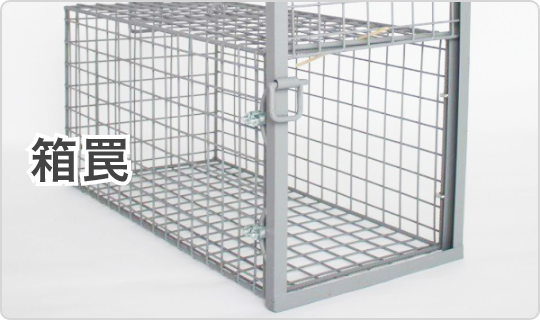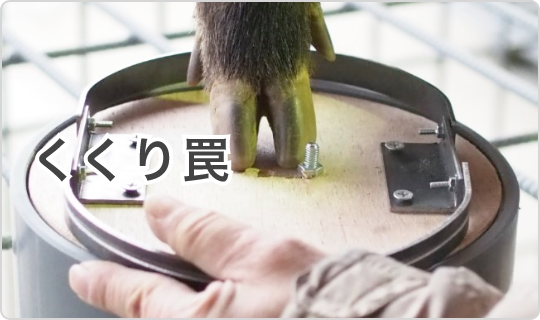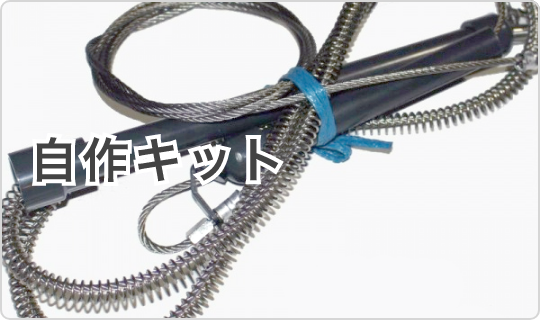I was born and raised in a mountainous area in the northern part of Miyazaki Prefecture, so hunting is a very familiar culture to me. Both my father and grandfather went out hunting during the hunting season in addition to their forestry work.
I love hunting anyway. Even now, when I go back to my parents' house during the hunting season, I hear comments such as, "The boar I caught yesterday was completely fattened," or "My dog was cut by the boar today." I will talk (laughs).
If you grew up in a family with a hunter, you probably have similar experiences, but this is a story about hunting that I have experienced for over 30 years. I would appreciate it if you could read it as part of the hunting culture seen by the author who spent his childhood familiar with hunting.

Hunting Companion "Hound Dog"
Hounds are indispensable for hunting. I have a dozen hunting dogs at my house. Catching a dog that escapes from a shed, carrying food for a dog, playing with a puppy...
Even as a child, I remember crying when my beloved dog was killed by a wild boar. Also, when there is no hunting, I put the dog on a light tiger and go to the mountains with my father to exercise the dog.
It's like climbing up a rickety road that is not paved with a light tiger, dropping the dog there, and running behind the light tiger all the way to the house.
When many hunters gather
During the hunting season from November 15th to February 15th, many people gathered at my house. It is to judge the wild boar and deer killed by hunting, and to thank the mountain god for the harvest of the prey.
 Even though I was a child, I was happy to see many people gather at my house, but I remember hating having to help with things like bringing a plate or a cutting board (laughs). The hunters gather around to enjoy the catch of the day and talk about the state of the hunt.
Even though I was a child, I was happy to see many people gather at my house, but I remember hating having to help with things like bringing a plate or a cutting board (laughs). The hunters gather around to enjoy the catch of the day and talk about the state of the hunt.
It is a sight that can be said to be almost always seen on days when there was a harvest. Now that the population is aging, the number of people who hunt has decreased, and there are fewer opportunities to gather in large groups to hunt. bottom.
butchering prey
Since I was a child, I have often watched the dismantling of wild boars and deer. The wild boar was shaved by pouring hot water on it, then placed on a cutting board and cut with different knives.
The body of the dead boar was still warm enough to produce steam, and I remember observing with great interest the structure and handling of the boar's body, even though I thought it was disgusting the moment I took out its internal organs.
 It was also fun to watch how the ribs were skillfully removed from the meat using a knife with a fine tip or a large craft knife.
It was also fun to watch how the ribs were skillfully removed from the meat using a knife with a fine tip or a large craft knife.
To dismantle the deer, a rope is hung around the neck and the skin is peeled off using a knife. I'm not very good at butchering deer, and I think the reason for this is the unique smell of blood and the strange appearance of the deer after the skin has been peeled off.

special dishes
Boar meat and venison are also sold in shops, so some of you may have eaten them before, but families with hunters also eat parts other than meat. The boar bones are cooked in a large pot until the meat comes off the bones.
I still remember my childhood days when I would bite into the bone and eat the meat attached to it. Deer bones were seasoned with salt and pepper and grilled over charcoal. Boars also eat internal organs and akafuku (lungs).
The internal organs are washed with clean water over and over again, and then stewed in miso. Unlike livestock such as pigs, wild boars that eat nuts such as acorns often produce scum, so they need to be handled carefully.
The lungs are eaten in a sweet and salty way, such as stir-fried with sugar soy sauce. The lungs are fluffy, the trachea is crunchy, and the strong seasoning makes for an unforgettable taste and texture.
"It's not natural" is actually natural
Growing up in a family of hunters, I took it for granted that most people wouldn't take it for granted. The act of slaughtering and then cutting and eating it at home seems cruel at first glance, but the birds, pigs, and chickens sold at supermarkets are also eaten by someone who does not see them. is there.
It's just that you don't see the process on the way, and the act is obvious. I think it's because I grew up in a hunter's family that made me realize that. I am grateful to my father, grandfather, and my hometown.

 箱罠
箱罠
 くくり罠
くくり罠
 パーツ類
パーツ類
 電気柵
電気柵
 自作キット
自作キット
 防獣グッズ
防獣グッズ
 監視カメラ
監視カメラ
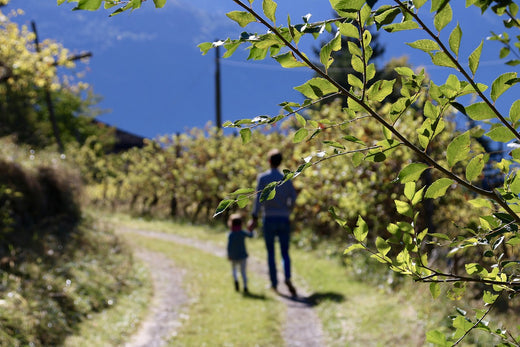
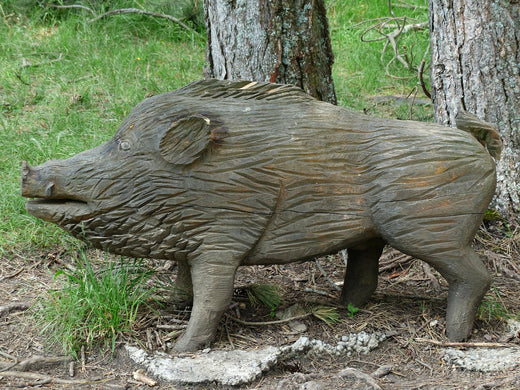
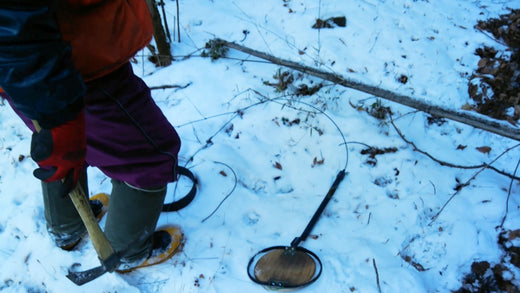
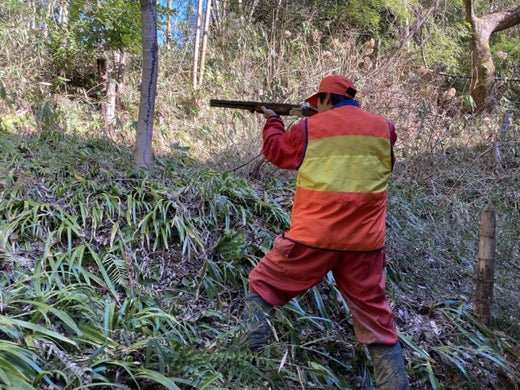
 box trap
box trap
 tying trap
tying trap
 enclosure trap
enclosure trap
 Prevention and avoidance goods
Prevention and avoidance goods
 electric fence
electric fence
 trap surveillance camera
trap surveillance camera
 transportation goods
transportation goods
 Trap detection sensor
Trap detection sensor
 hunting supplies
hunting supplies
 hunting books
hunting books
 Anti-bird goods
Anti-bird goods
 Agricultural materials/machinery
Agricultural materials/machinery
 boar
boar
 deer
deer
 Kyon
Kyon
 monkey
monkey
 raccoon
raccoon
 Badger
Badger
 palm civet
palm civet
 raccoon dog
raccoon dog
 nutria
nutria
 mouse or rat
mouse or rat
 Mole
Mole
 bear
bear
 pigeon
pigeon
 Crow
Crow

